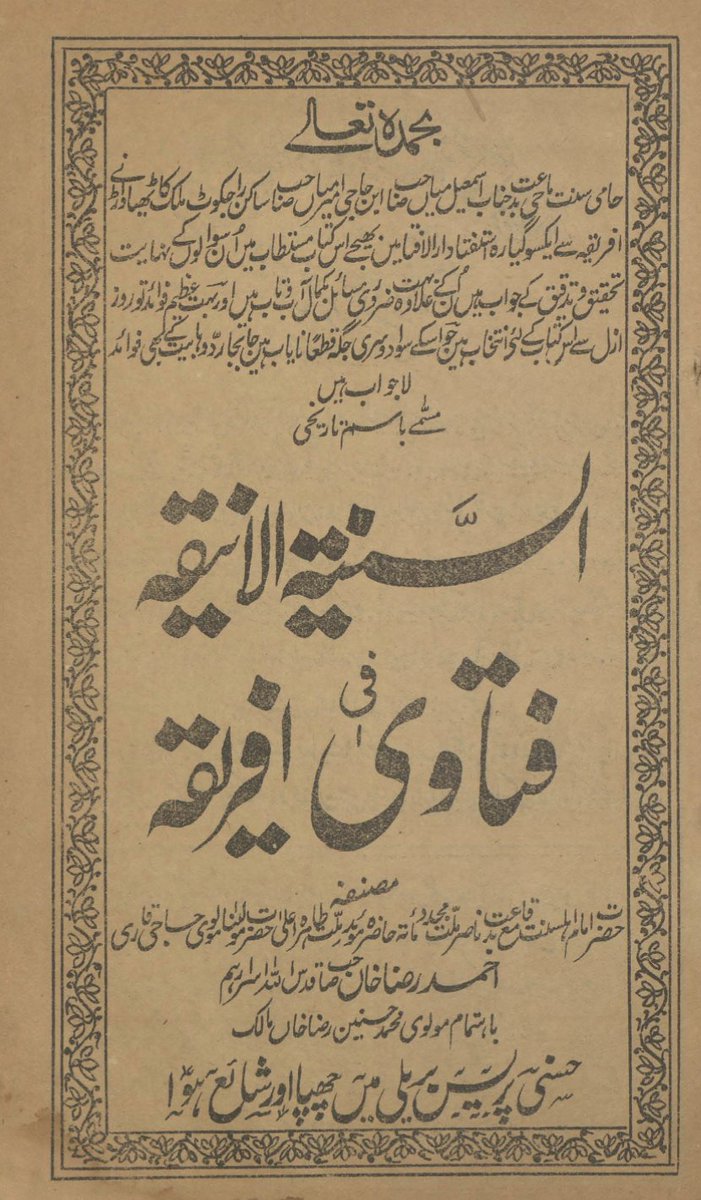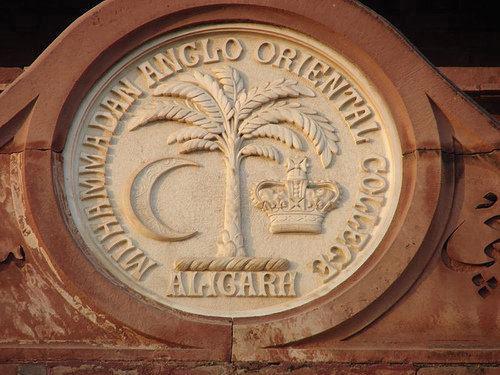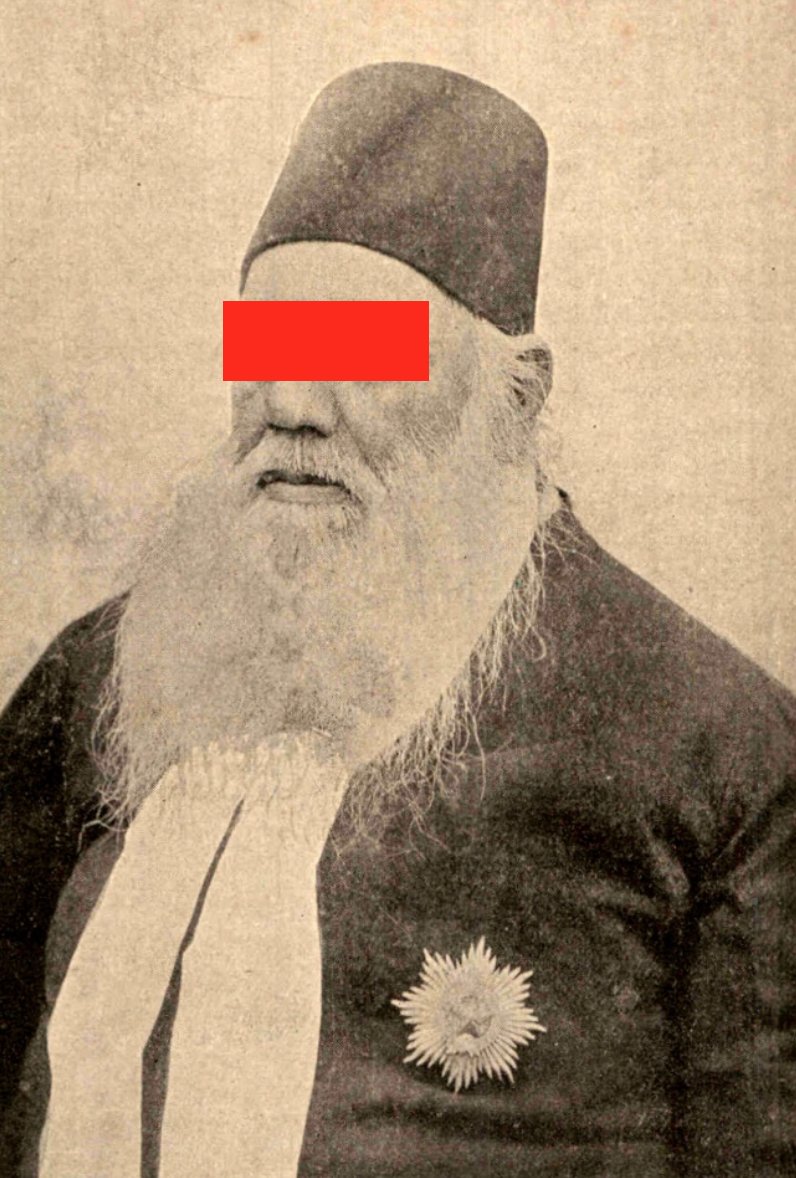
“Allāh ázza wa jall says, ‘Indeed, Allāh does not command shamelessness.’
For two men to be with one woman is clear shamelessness.
Which, let alone humans , even amongst the animals, only the filthiest, i.e. the swine, tolerates this.
For two men to be with one woman is clear shamelessness.
Which, let alone humans , even amongst the animals, only the filthiest, i.e. the swine, tolerates this.
https://twitter.com/IbneKhan01/status/1621520107502702592

The wisdom behind the impermissibility of zinā is to preserve lineage, or else one shall not know whose child it is.
If it were permissible for two men to marry one woman, then the same defect which is found in zinā shall be found here, and so it would not be known whose child it is out of the two of them.
Such a question is clear misguidance; if Zayd is not an absolute ignoramus and disrespectful individual, then he is a heretic, and if he is not a heretic then he is an absolute ignoramus and disrespectful individual.
And Allāh táālā knows best.”
— Fatāwā Afrīqah, pg. 2
And Allāh táālā knows best.”
— Fatāwā Afrīqah, pg. 2
This was a response to the question:
“Zayd asks, ‘Allāh has permitted a man to marry two, three or four wives, so why have women not been permitted to marry two, three or four men?’ What is the ruling of the Sharīáh regarding a person who asks such a question?”
— Ibid
“Zayd asks, ‘Allāh has permitted a man to marry two, three or four wives, so why have women not been permitted to marry two, three or four men?’ What is the ruling of the Sharīáh regarding a person who asks such a question?”
— Ibid
This was one of 111 questions sent to Imam Aĥmad Riđā Khān by Hājī Ismāýīl from Butha-Buthe, Basutoland, a former British colony.
Basutoland gained independence from the UK in 1966, renamed Kingdom of Lesotho, now a sovereign country as an enclave in the Republic of South Africa
Basutoland gained independence from the UK in 1966, renamed Kingdom of Lesotho, now a sovereign country as an enclave in the Republic of South Africa

The complete collection of questions and answers was published in 1336 AH / 1917 CE and titled Al-Saniyyatu’l Anīqah fī Fatāwā Afrīqah, commonly known as Fatāwā Afrīqah; The African Rulings. 

• • •
Missing some Tweet in this thread? You can try to
force a refresh












